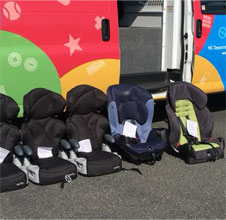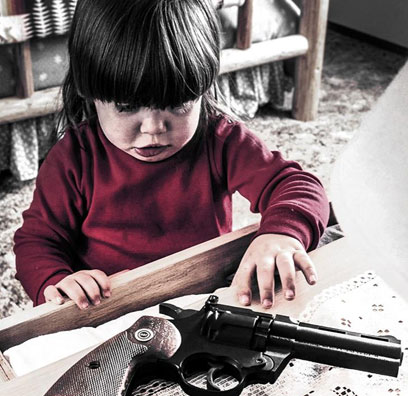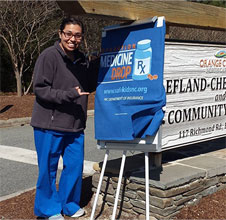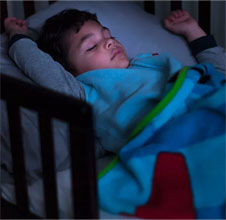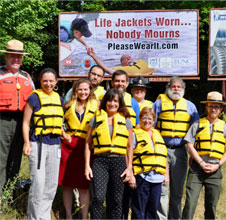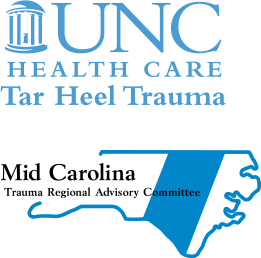Fire Safety & Prevention
Home fires can start and spread quickly, which is why we all need to be careful and educated when it comes to fire safety. Just a little bit of planning can make a big difference for your family.
Top Tips
1
Install working smoke alarms
Working smoke alarms reduce the chances of dying in a fire by nearly 50 percent. They are a critical first step for staying safe, but in order to be effective, they have to be working properly. For the best protection, install smoke alarms on every level of your home and in every sleeping area.
2
Don’t play with matches
Teach kids never to play with matches and lighters. Make a habit of placing these items up and away from young children.
3
Home Fire Escape Plan
Create and practice a home fire escape plan with two ways out of every room in case of a fire. Get a stopwatch and time how fast your family can escape. The kids will love it. Here’s a handy worksheet to help get you started.
4
Children’s Response to Alarms
Children should know how to respond to the sound of a smoke alarm. Teach them to get low and get out when they hear it. A child who is coached properly ahead of time will have a better chance to be safe.
5
On Kitchen Safety
Kids love to reach, so to prevent hot food or liquid spills, simply use the back burner of your stove and turn pot handles away from the edge. Limit distractions when cooking and don’t leave a hot oven or stovetop unattended.
6
Blow Out Candles
Keep candles at least 12 inches away from anything that can burn, and always blow them out when you leave the room or before you go to sleep.
Learning & Resources
Fire safety is a complex issue. Here’s more information on how to handle carbon monoxide, prepare for any burns and scalds that result from cooking in the kitchen, find out what to do with fireworks and general fire safety tips.
Burn and Scald Prevention Tips PDF [DOWNLOAD]
Fire Safety Tips [DOWNLOAD]
Other Categories
For More information, please don’t hesitate to inquire:
101 Manning Dr., Chapel Hill, North Carolinatarheeltrauma@unchealth.unc.edu


